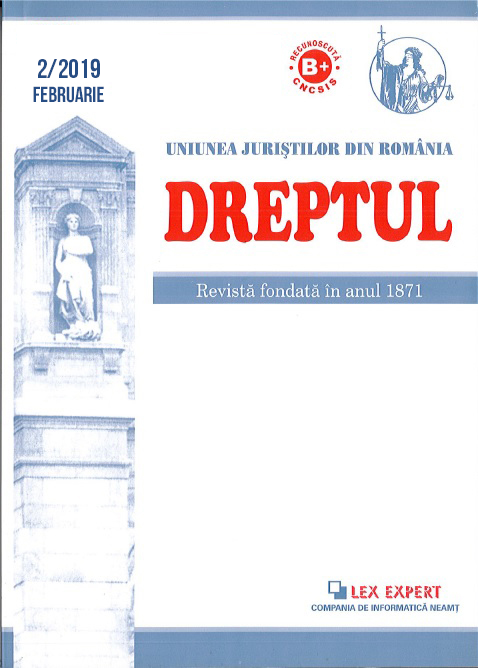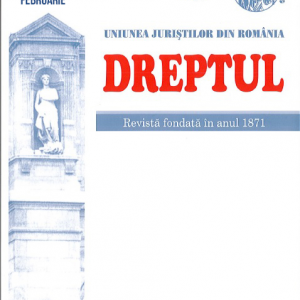The company’s entry into insolvency proceedings may be the result of an unfavourable economic situation or the abusive or negligent attitude of the governing bodies may contribute to this outcome. Sometimes people outside the company may have exercised a direct or indirect control of the company’s activities and be liable for insolvency. In these last hypotheses, the legislator chose to sanction insolvency peers who are held patrimonial alongside the insolvent society in order to satisfy creditors’ claims. As a rule, the former statutory administrator is the one who is called upon to respond to the mismanagement of the company’s business. Taking responsibility for this person implies the making of a claim for property liability which is the subject of a separate litigation in the company’s insolvency proceedings. This distinct dispute is settled in a contradictory procedure, with the administration of evidence in order to establish the meeting of the conditions of civil liability under Article 169 of the Law No 85/2014.
When, prior to the opening of insolvency proceedings or during the course of the proceedings, whether or not an application for the liability of the statutory administrator was initiated, the question arises as to what happens when the death of the statutory administrator occurs. Such a request to obtain a patrimonial response in conflict with the heirs of the predecessor administrator may be made or continued or the liability is limited to the person of the deceased and a decision cannot be made to order the successors to answer for de cujus clerical errors.


